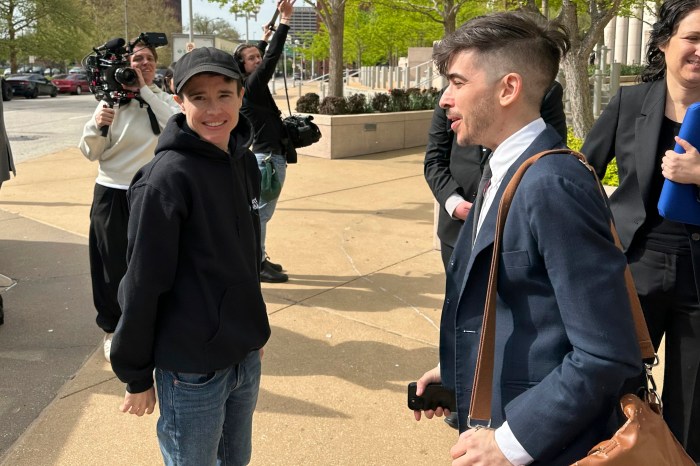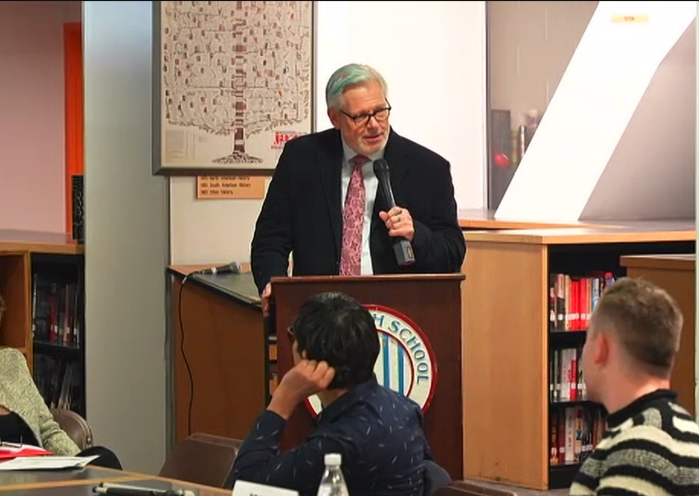Lesbian who donated eggs to former partner has no claims regarding twins born as a result
Deciding a novel question, a unanimous three-judge panel of the California Court of Appeal ruled on May 10 that a lesbian who donated her eggs so that her domestic partner could become pregnant was precluded from asserting rights as a parent to the resulting twins, because she waived those rights when she made the donation with the understanding that she was not intended to be the children’s legal mother.
The court relied on a 1993 California Supreme Court decision that ruled that a woman who served as a birth surrogate for the embryo conceived in a laboratory using a married couple’s sperm and egg could not claim parental rights. In that case, the court said that in cases of surrogacy and sperm donation, the “intention” manifested in written or oral agreements would determine parental rights. Justice Mark B. Simons, writing for this court, extended that test to cases of egg donation.
The woman donor’s case was also complicated by the continued refusal of California courts to allow de facto parents in same-sex couples to seek custody or visitation rights with the children they have helped raise.
The two women, identified only as K.M. and E.G., had only been living together for a short time when they followed a doctor’s advise that K.M. donate her eggs because E.G. had been unsuccessful both at artificial insemination and in vitro fertilization. E.G. was concerned about taking this step so early in their relationship and claimed that as a result she won oral agreement from K.M. that she was donating her eggs with the understanding that she had no claims as either biological or legal mother, that she would not disclose that she was the donor, and that the couple would only see adoption as co-parents after the twins turned five, as a test of their relationship’s permanence.
K.M. also signed an egg donor consent form also waiving her rights to parental claims, though the form seemed to have been intended for a situation in which the donor would not be in a family relationship with the children born as a result.
Though E.G. was the only parent listed on the 1995 birth and baptismal certificate, in other significant ways K.M. participated with the children as a co-parent. However, tensions surfaced as K.M. pressed unsuccessfully to convince E.G. to let her adopt the twins, and escalated when E.G. announced she planned to move with the children to Massachusetts. Eventually, K.M. filed suit seeking joint custody and visitation rights.
Simons found that contractual agreements about parental rights to children, entered into before the children are conceived, are not binding on courts, which must make custody and visitation decisions in the best interest of the child. The key issue, the court ruled, was the intention of E.G. and K.M. at the time of the egg donation. Though E.G. and K.M. differed in their testimony about what they had agreed to, their conduct after the birth—especially K.M.’s name not appearing on the birth and baptismal records and her not having told the children she had donated the eggs until the litigation arose—suggested that E.G.’s account of their intentions was more reliable.
On the question of the consent form, the court also ignored the question of whether it represented a binding contract and instead focused on what K.M. intended when she donated her eggs.
The Court of Appeal also rejected K.M.’s claim that her constitutional rights to procreate were violated by refusing to acknowledge her relationship to the two children who were her genetic offspring. The court was unpersuaded, finding that constitutional parental rights flow from parental status.
K.M. also sought to argue that her relationship with E.G. at the time of the donation and subsequently, and the parental bond she formed with the children, should dictate a ruling in her favor. As the biological mother of the children who were born during her relationship with their birth mother, she sought to benefit from something like the traditional presumption that children born to a married woman are the offspring of the woman’s spouse, but this court was unwilling to accept that argument.
Reaffirming prior California case law, the court was also unwilling to use an equitable principle, called estoppel, that has been used by courts in some other states to find that a co-parent has a legally recognizable relationship with the children of her partner when she and the partner jointly planned for the birth intending to raise the children as equal co-parents. For one thing, the trial court found that this was not the case here, and for another, California courts have generally been unwilling to adopt this theory. The court was also unwilling to make a determination of the best interests of the children, finding that it was not relevant until it was first established that K.M. had a legal parental claim.
K.M. is expected to appeal this ruling to the California Supreme Court. In addition to her counsel of the Hersh Family Law Practice, her case is supported by the National Center for Lesbian Rights, which has consistently sought to win legal recognition of co-parents who have bonded with their children. The court also received amicus briefs from the National Association of Counsel for Children and the Northern California Association of Counsel for Children. Diana Richmond of Sideman & Bancroft represents E.G., who is now living in Massachusetts with the children.

































